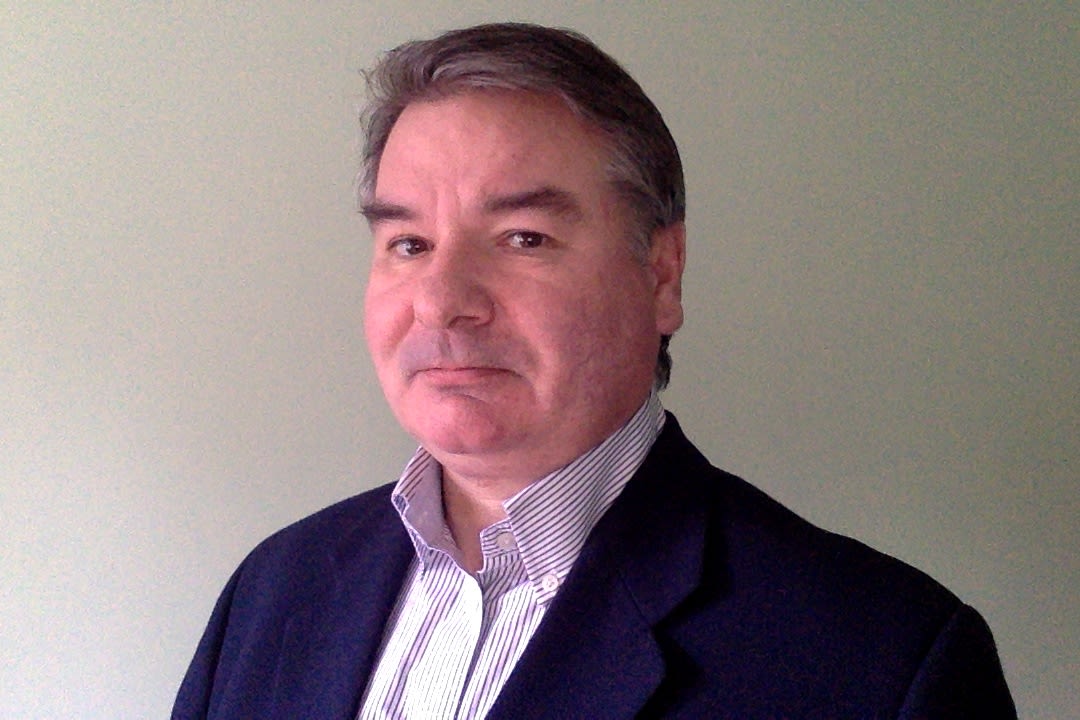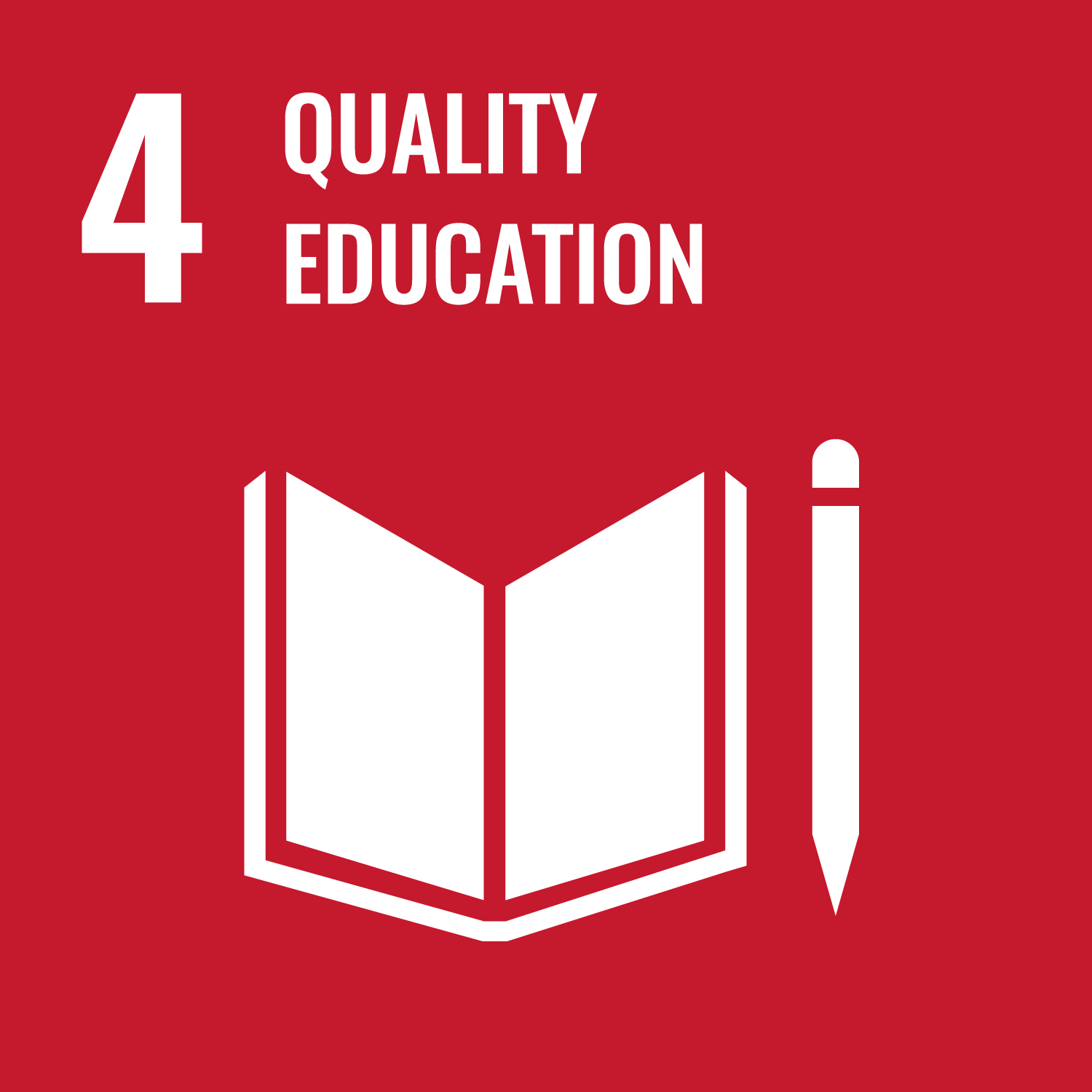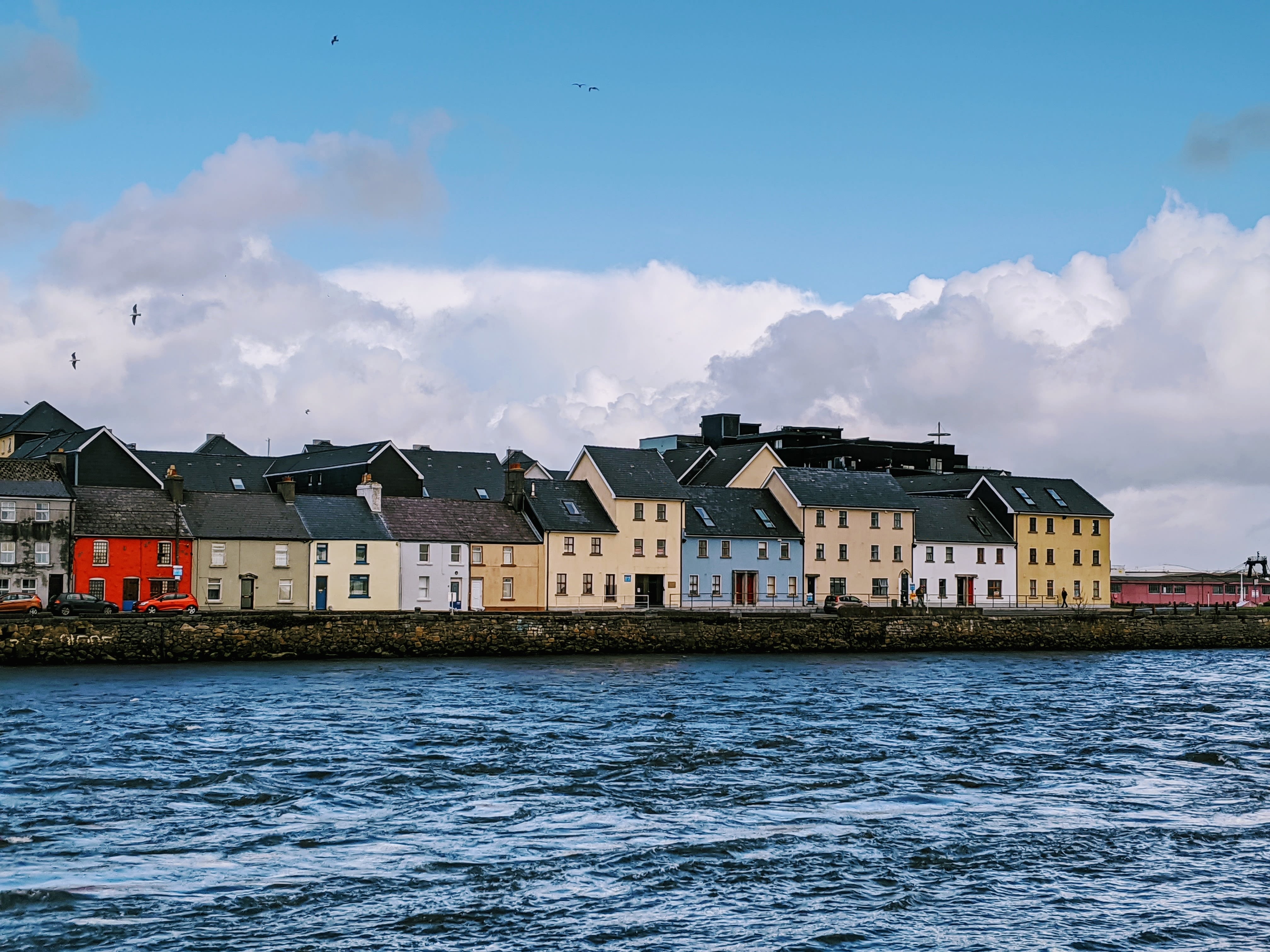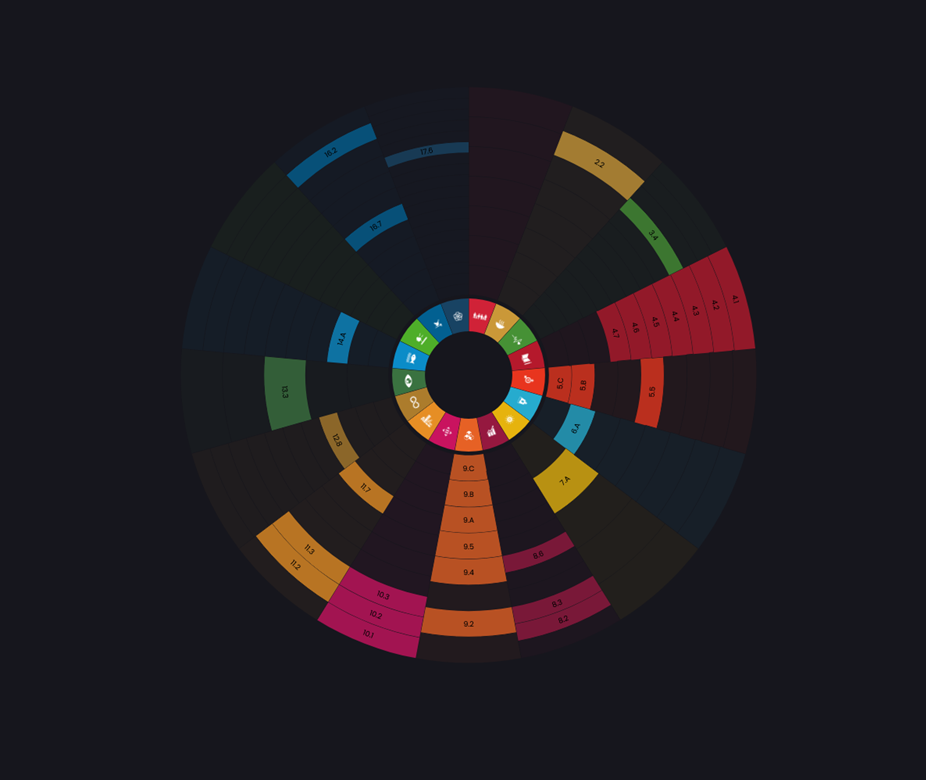Mr Michael Campion
Lecturer in Innovation, Social Entrepreneurship and Strategic Management
J.E. Cairnes School of Business and Economics, University of Galway



Michael's work supports students at several points on their Bachelor of Commerce journey. He guides undergraduates to acquire the necessary skills for success in their transition to university and prepares them for the world of work. He focuses on supporting students' success while at the same time facilitating their engagement with societal challenges that require a business-like approach in order to create self-sustaining solutions.
Michael's work introduces students to the importance of using personal creativity with business thinking to address social, community and environmental issues, bringing a meaningful insight into how this type of enterprise can be sustainable with much less reliance on charitable donations or government funding.
Michael's work contributes to these SDGs

Michael leads the Bachelor of Commerce Skills Programme, which is supported by PwC. It enables students to be creative and innovative in their future business careers. Students receive many opportunities to learn in real-world contexts, including opportunities to collaborate with students from Drexel University and take part in mock interviews with representatives from leading Irish businesses.
With a keen focus on sustainability Michael guides students in the Innovation, Creativity & Enterprise module. The process highlights current thinking and practice with respect to innovation and creativity regarding social enterprise and social business. This enables students to engage in problem-solving for the public good in a project-based setting.
Key Target: 8.6 Promote youth employment, education and training
The Innovation, Creativity & Enterprise module enables students to discover how social entrepreneurs are creating a new breed of “social business" to tackle social issues.

Teaching

Skills for Business aims to improve student employability and preparation for the workplace by developing a set of practical skills that form the basis for effective working life. Delivered using a blended-learning approach the course combines online activity, small-group workshops and project work, and large-group lectures to focus on areas such as self-awareness, communication, teamwork, presentation, leadership and career management skills. With the Career Development Centre students engage in a team project in a programme called (LIFT) Leading Ireland’s Future Together. Students then work on a team project examining societal/ethical business challenges.
Supporting Targets: 4.4 Increase the number of people with relevant skills for financial success, 4.7 Education for sustainable development and global citizenship; 8.6 Promote youth employment, education and training
Skills for Success aims to assist first-year undergraduate students to develop the skills that are necessary for success at university, and subsequently in their working lives. Delivered using a blended learning approach, the module combines small-group activity and large-group lectures to focus on areas such as academic writing and research, creative thinking, critical thinking, presentation skills and teamwork.
Supporting Targets: 4.4 Increase the number of people with relevant skills for financial success, 4.7 Education for sustainable development and global citizenship; 8.6 Promote youth employment, education and training
Engagement
Designed to educate students to recognise and develop opportunities for innovation in response to organisational, societal, environmental and economic challenges, the Innovation, Creativity & Enterprise final-year module was initiated by Michael with Professor Willie Golden, the then Dean of the College of Business, Public Policy & Law and Pádraig Ó Céidigh, Adjunct Professor at the School of Business and former Aer Arann entrepreneur. This module involves a Dragon's Den-type approach where students engage in innovative group-based entrepreneurial projects supported by industry mentors. It has an underlying theme of innovative practice and is delivered using an online learning approach; the course combines large-class online lectures, small-group online workshops, and a team project.

Indirect impact SDG Targets
2.2 - End all forms of malnutrition
3.4 - Reduce mortality from non-communicable diseases and promote mental health
4.1 - Free primary and secondary education
4.2 - Equal access to quality pre-primary education
4.3 - Equal access to affordable technical, vocational and higher education
4.4 - Increase the number of people with relevant skills for financial success
4.5 - Eliminate all discrimination in education
4.6 - Universal literacy and numeracy
4.7 - Education for sustainable development and global citizenship
5.5 - Ensure full participation in leadership and decision-making
5.B - Promote empowerment of women through technology
5.C - Adopt and strengthen policies and enforceable legislation for gender equality
6.A - Expand water and sanitation support to developing countries
7.A - Promote access to research, technology and investments in clean energy
8.2 - Diversify, innovate and upgrade for economic productivity
8.3 - Promote policies to support job creation and growing enterprises
8.6 - Promote youth employment, education and training
9.2 - Promote inclusive and sustainable industrialization
9.4 - Upgrade all industries and infrastructures for sustainability
9.5 - Enhance research and upgrade industrial technologies
9.A - Facilitate sustainable infrastructure development for developing Countries
9.B - Support domestic technology development and industrial diversification
9.C - Universal access to information and communications technology
10.1 - Reduce income inequalities
10.2 - Promote universal social, economic and political inclusion
10.3 - Ensure equal opportunities and end discrimination
11.2 - Affordable and sustainable transport systems
11.3 - Inclusive and sustainable urbanization
11.7 - Provide access to safe and inclusive green and public spaces
12.8 - Promote universal understanding of sustainable lifestyles
13.3 - Build knowledge and capacity to meet climate change
14.A - Increase scientific knowledge, research and technology for ocean health
16.2 - Protect children from abuse, exploitation, trafficking and violence
16.7 - Ensure responsive, inclusive and representative decision-making
17.6 - Knowledge sharing and cooperation for access to science, technology and innovation

